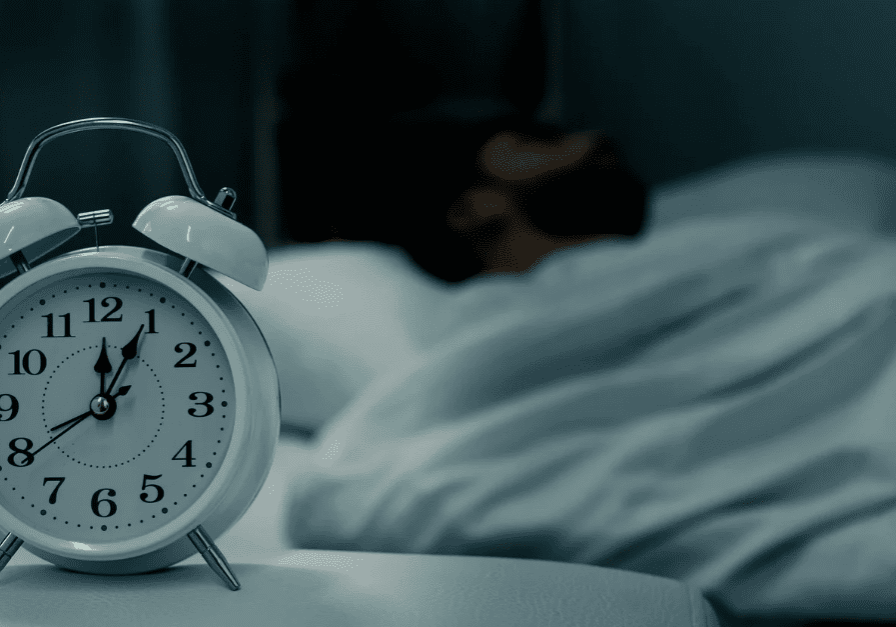
Sleep and trauma
Sleep is crucial for everyone. However, for victim-survivors of sexual violence, it can play a vital role in allowing the brain and body to start healing, processing emotions, and restoring energy levels, which are often depleted after experiencing trauma.
Why is sleep important?
During sleep, the brain processes and consolidates memories, which can help people to make sense of their experiences and reduce the intensity of traumatic memories over time.
Sleep also helps to support the immune system, reduce stress hormones, and enhance overall mood and wellbeing, all of which can help to improve emotional and physical health.
Without enough sleep, people can struggle with heightened anxiety, depression and/or impaired cognitive function, making it more difficult to cope with everyday life or process traumatic experiences.
Why sleep can be difficult after trauma
Sleep patterns can be affected after experiencing any kind of trauma, including rape or sexual assault. People can often struggle to fall asleep and/or have lower quality sleep.
These disturbances in sleep can prevent victim-survivors of sexual violence from being able to effectively start processing their trauma.
A common reason for sleep disturbance is hyperarousal. Many victim-survivors of sexual violence are living in ‘survival mode’ and are hypervigilant to any perceived threat or potential danger.
In this state of persistent hyperarousal, falling asleep can be particularly difficult. The lack of sleep often leads to exhaustion and affects the brain and body’s ability to heal more quickly.
In addition to sleep disturbance, other victim-survivors may find themselves sleeping for long periods of time. This can occur due to emotional exhaustion, where the body seeks more rest to recover from intense stress. It can also be a symptom of depression, which often accompanies trauma and can lead to hypersomnia.
It’s important to remember that extended periods of sleep are a common response to trauma. Sometimes, not only is it just what someone needs, but it can also serve as a form of escapism, allowing victim-survivors to avoid distressing thoughts and memories associated with their trauma.
The brain’s amazing ability to adapt
The good news is that the brain has a remarkable ability to adapt to stress, a process known as neuroplasticity. Through repeat practice, people can start to improve their sleep quality on a long-term basis.
Techniques such as mindfulness, cognitive behavioural therapy (CBT) and relaxation exercises can all help retrain the brain to be able to manage stress more effectively as well as reduce the state of hyperarousal. Over time, these practices can help to create new neural pathways that promote calmness as well as enhancing the brain and body’s natural ability to fall and stay asleep, ultimately supporting overall mental and physical health.
You can read more about neuroplasticity here.
Top tips for quality sleep
Here are a few steps that you can try that may help to improve the quality of your sleep:
1. Avoid screens around sleep time: did you know the blue light emitted by screens can interfere with your body’s natural sleep-wake cycle? If you can, try avoiding using electronic devices before sleep (or stop using them slightly earlier than usual).
2. Establish a bedtime routine: going to sleep at a similar time every night can help to regulate your internal body clock. In the evening, why not try incorporating some relaxing activities such as lighting scented candles, playing soothing music or having a warm bath or shower?
3. Create a comfortable sleeping space: a safe and inviting sleeping environment can enhance sleep quality. This could be anything from maintaining a suitable room temperature (sleep experts agree 15.6-20 degrees Celsius is ideal*) or keeping things that make you feel safe and secure close to hand (in a bedside cabinet or a self-care box).
4. Positive things diary. Note down three positive things that have happened each day before you go to bed, e.g., I visited my favourite place, I finally did that pile of washing up, I got through a day without a flashback. Look back through this diary when you are feeling sad or can’t sleep.
5. Small ways to minimise overthinking: overthinking can become a real challenge when you are ‘trying to sleep’. Keeping a nightlight on and listening to the radio, calming music or nature sounds may help.
* The Best Temperature for Sleep (sleepfoundation.org)
Remember, that it’s normal for your sleep to be impacted by a traumatic experience. Be kind to yourself if you are struggling to sleep or feel like sleeping all the time. Healing isn’t linear and some days may feel easier than others.
This article was written by our volunteer Communications Officer, Yang Du. Yang graduated from the University of Bristol with a master’s degree in Sociology in 2022.
You can read Yang’s other blogs about neuroplasticity and somatic therapy here.





